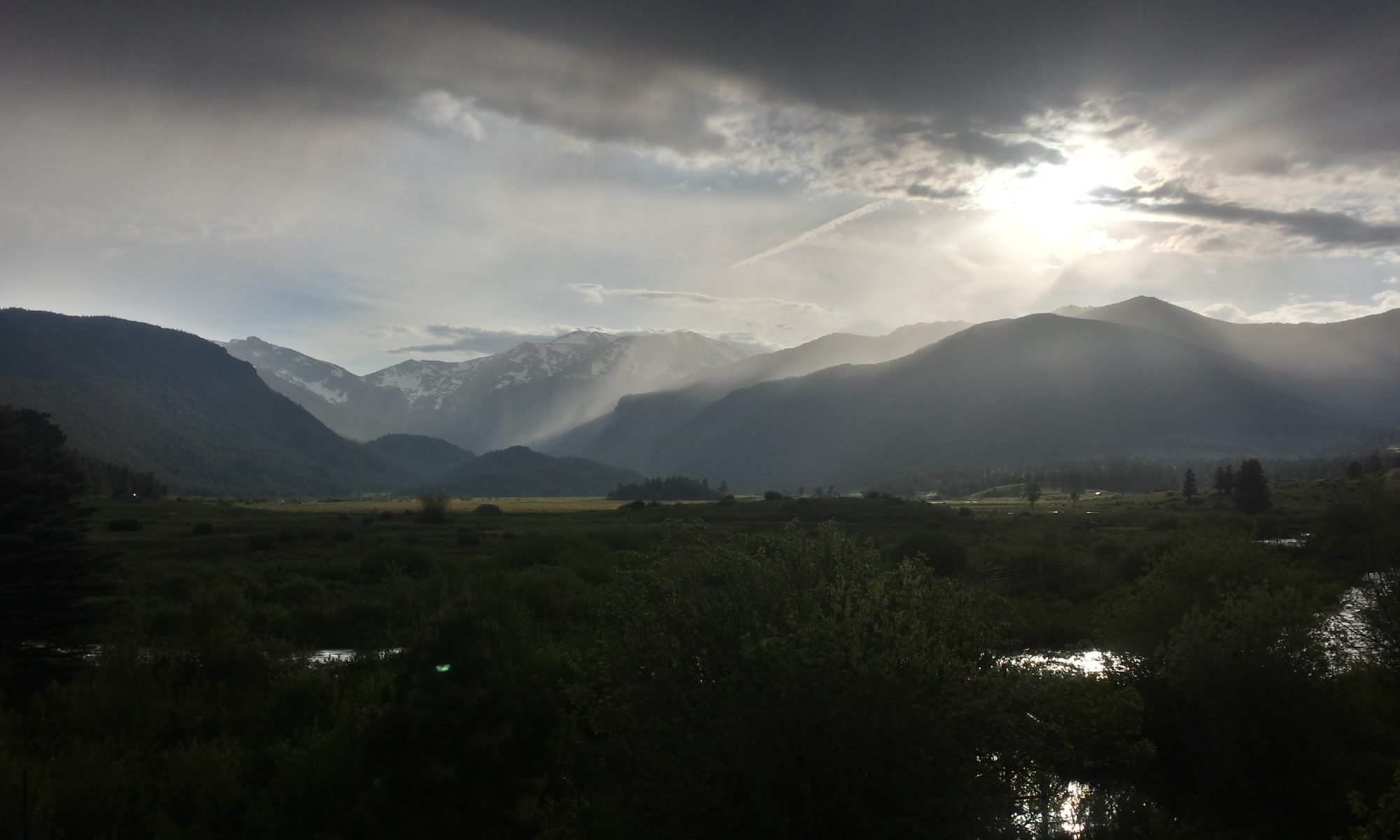Carthage: The Basilica Hill

These are photos from the top of the hill in Carthage. Some of these ruins date back as far as 814 BCE but most everything was built after 46BCE. In 146BCE, the city was completely destroyed by the Romans after the third Phoenician war in which the Phoenicians, based in Carthage, were defeated. You might remember Carthage as being the place that the ground was sewn with salt so that people would never live there again. In reality, after about 100 years of laying in ruin, Julius Caesar decided to rebuild the place to be a symbol of the planned resurrection of the African province of Rome. Whatever the case, its a pretty cool place. Also, the newer buildings in the background were built by the french in 1890 on the supposed site of St Louis’s tomb. It’s an interesting structure in its own right.





A dinar bought Giovanna a picture with a falcon.
Carthage: The Antonine Baths




The American War Cemetery

The World War II North African American War Cemetery is run by an interesting fellow named Mr. Green. We first saw him appear out of the middle of the cemetery as if he had emerged from the ground. He was dressed head to toe in a black suit with a dark, blood red shirt and black tie. He had on a black fedora and black sunglasses. He truly belongs in the cemetery. I hope to go back and get a picture of him one of these days, but he’s an elusive man and never seems to appear in photographs. The cemetery itself was a typical American war cemetery complete with chapel that has electronic recordings of taps, the national anthem, and a 21 gun salute. If it weren’t for all the graves, the place would make an excellent putting green.
Sidi Bou Said

Sidi Bou Said has been a tourist trap for over two and a half centuries but still manages to have a lot of charm. I returned many times to sit at one of the cafes and relax.

















